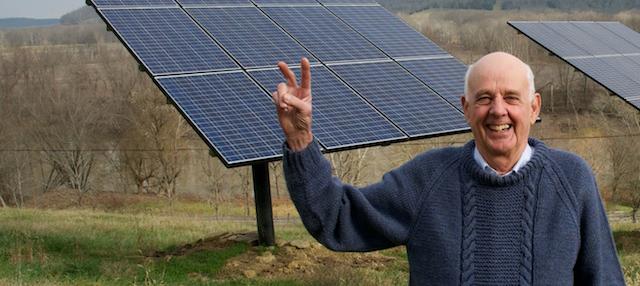One of my greatest fears for the economy and the local economy, in particular, involves online ordering. Online ordering is really convenient, especially around here where we don’t have a lot of other options, but online ordering creates a vicious cycle. The more we order online, the less we spend on local businesses, which threatens the local businesses and the fewer businesses we have, the more we order things online.
Having local retailers are great because they allow us to buy things locally, but they also provide jobs, which is another concern for online ordering. I’m such a local business supporter that I avoid chain locations like Walmart, but I have to admit that these larger retailers still provide jobs in the community. This philosophy caused me no small amount of concern last week when, while researching a news article, I saw that Walmart reported lower-than-expected online and in-store purchases while giant online retailer Amazon continues to expand and grow. While we all rely on online ordering from time to time, I dare say that few of us want to live in a world where online ordering is the only available way to get the things that we want and need. This is especially concerning personally as Amazon branches into the food market and concerning economically as Amazon experiments with using drones rather than people to carry out the task of delivery.
In 1997, around the time that most of us college students were born, an essayist named Wendell Berry published a collection of essays called “Another Turn of the Crank.” In these essays Berry dealt with the already real economic dangers of automation that have certainly not become less relevant 20 years later. In his essays, Berry recommends that we turn back the clock a little bit in terms of how we think about purchasing goods. The exact answer that he gives, involving wood products, suggesting that if wood was harvested and processed the way that it was one or two hundred years ago we would be buying higher quality, more sustainably sourced products that employed more people even if it requires greater work, less efficiency, and — God forbid — a higher price.
While Berry’s recommendation may not work so well in terms of how we buy textbooks or electronic devices, it certainly has some worthwhile implications for how we should think about products like food in order to protect jobs while increasing our own qualities of life. What’s convenient or cheapest for us right now might turn out to be problematic for us in the future.





